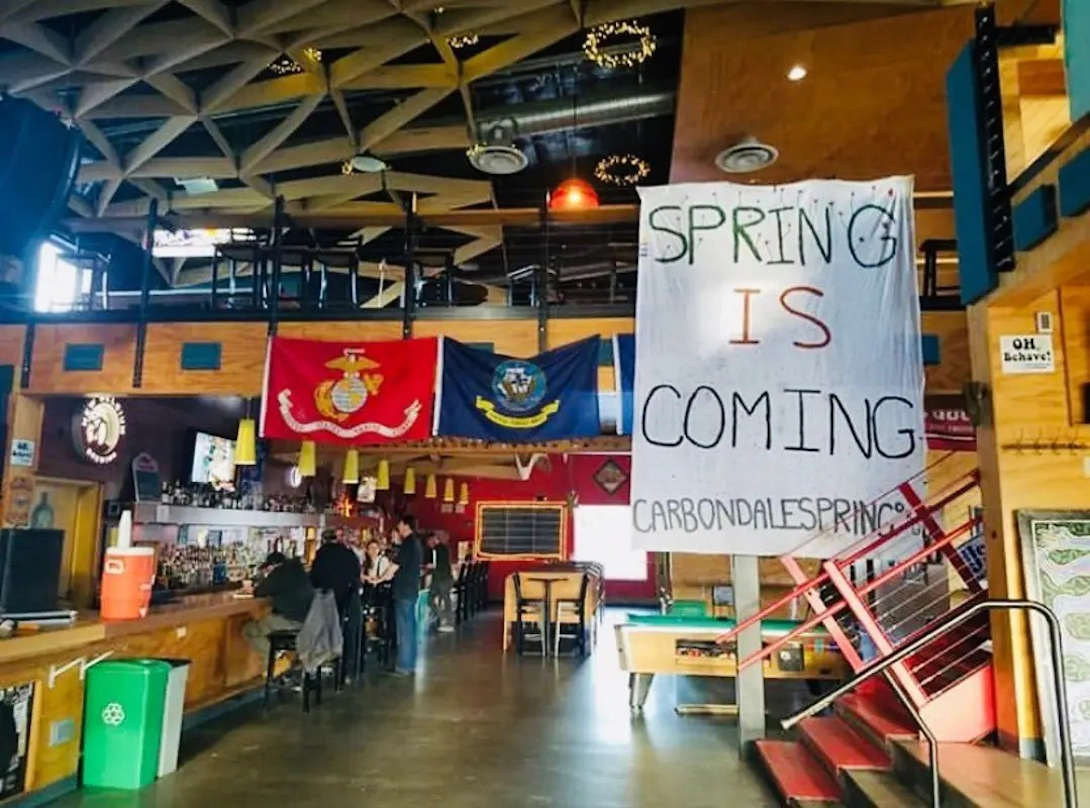Kevin Suemnicht Doctoral Dissertation Defense: “There Is No Name for What We Must Become: Autonomous Social Movement in Southern Illinois”
May 5, 2025
3:00 PM - 5:00 PM
Location
BSB 2105 and on Zoom
Click here to join on Zoom
https://uic.zoom.us/j/89180933168?pwd=FzuyYw2il2a6Xvs35zzu9al2Urwova.1
Calendar
Download iCal File
This dissertation explores how people living in a small city in the rural Southern Illinois have attempted to respond to their city’s decline. Rural America has been in an ongoing crisis for the past half century as jobs become increasingly scarce and young people move to urban areas in ever greater numbers. As the economy and population have declined, as with many other smaller cities in the United States, there has been a tendency to increase funding of police to manage the social fallout of forty years of neoliberal policy which has left people in rural Illinois without jobs or social services to provide where the economy has failed. I studied an organization called the Carbondale Spring, which sought to defund the police and to reallocate these funds to create a variety of ecological and social programs. Specifically, they sought to create a food autonomy program, a renewable energy fund, a team of care workers to replace functions currently performed by the police, and to create workers cooperatives. In doing so, Carbondale Spring members attempted to grapple with their city’s (and the broader region’s) declining fortune, and to pose a locally rooted alternative to the dominant neoliberal order. While ultimately unsuccessful, members were able to use their program to collectively think through the problems facing their town and to pose solutions to these problems. In the process, members rethought basic assumptions of their lives and the possibilities for how society could function – and how human society should respond to climate change. Theoretically, the various initiatives of the Carbondale Spring offer a window to think through eco-socialist and ecological Marxist theories, which view the climate crisis as inextricably linked to the social crisis caused by inequalities baked into the capitalist system. Members of the Carbondale Spring developed an evolving plan for transforming their town according to a vision which I call, following Cornelius Castoriadus, the “autonomous political imaginary.” In attempting to realize their plans, the various initiatives hit a series of limits and difficulties stemming from a variety of political, economic, and cultural factors. In particular, I explore how the initiatives at times reproduced individualized market logics similar to those promoted by neoliberal social policy. At the same time, by exploring these limits, the Carbondale Spring offers us a chance to explore the cultural logics of ecological self-governance, and the dissertation attempts to draw these lessons out in pursuit of an eco-socialist politics rooted in social scientific inquiry.
Date posted
Apr 30, 2025
Date updated
Apr 30, 2025